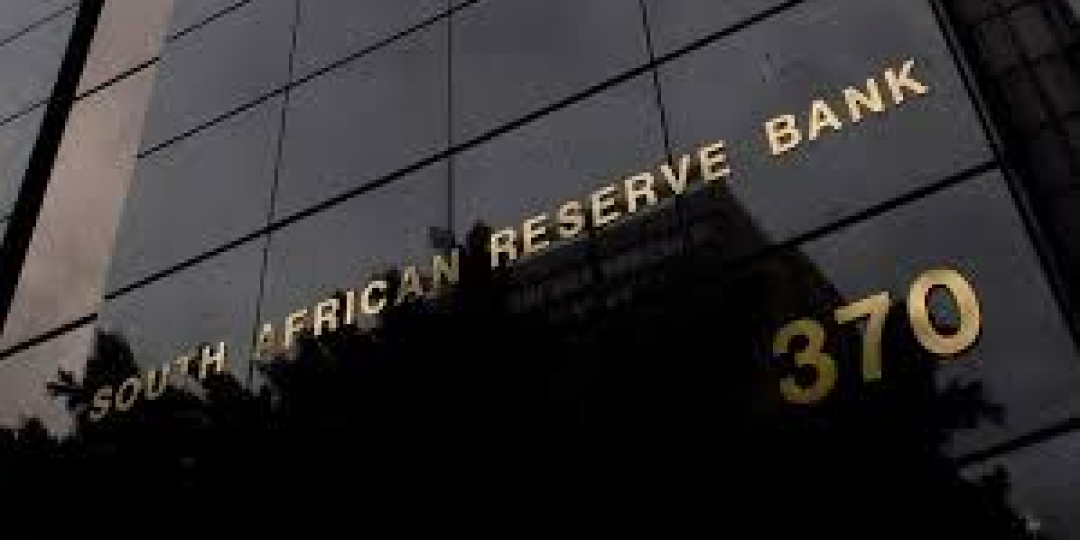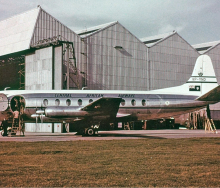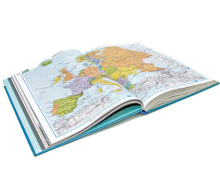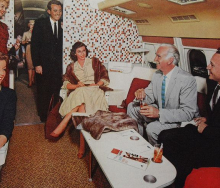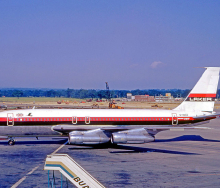Before the introduction of online banking, the first job of the day for every agency’s manager was to open the mail in the hope of finding enough cheques to make a trip to the bank worthwhile. It was then the bookkeeper’s job to complete a deposit slip by hand and they could often be heard cursing that they had forgotten it was Wednesday – early closing day for the banks in those days!
It was never fun standing in line the following day watching a scowling teller laboriously counting piles of banknotes by hand. Why did the other queue always move faster? One position always seemed to be manned by some sour-faced individual who was invariably even more ill-humoured than the other tellers – the foreign exchange desk.
These officious characters seemed to consider themselves self-appointed representatives of the government of the day, determined to make things as complicated as possible for their customers by rigidly applying the strict controls that were then in place.
South African foreign exchange control actually dates back to 1939 when the country first introduced restrictions on the outflow of funds. Strict controls remained in place for many years and it was only after the 1994 election that authorities decided on a gradual phasing-out of the existing conditions.
With the travel allowance now falling within the discretionary limit of one million rand per calendar year, South African residents wishing to book an overseas luxury holiday are no longer confronted with such difficulties. In the past though, travellers went to extraordinary lengths to make the most of their annual foreign exchange allowance.
I remember being approached by a Portuguese family booking air tickets to accompany the mortal remains of their late grandfather whose dying wish had been to return to his place of birth for burial. The subject of foreign exchange came up and one of the relatives pointed out that his late grandfather had not used up his full allowance. An appropriate interpretation of the rules might conceivably have allowed it but I shudder to think how he intended to get the traveller’s cheques signed.
It was a Reserve Bank ruling that compelled TFC Tours, South Africa’s leading tour operator in the ’70s to change its policy of air tickets only being available for collection on departure. I remember many of our clients complaining about this arrangement as they were afraid of a last-minute glitch, but TFC was unyielding. When the Reserve Bank introduced a ruling that a passenger needed to produce an air ticket when collecting traveller’s cheques, however, it was obliged to comply by issuing tickets in advance. TFC was by far the largest travel organisation in South Africa in those days but, along with many other tour operators and travel agencies who were household names in the last century, it no longer exists.
Unfortunately, TNW is unable to look up archived items by topic going back to the ’70s which is unfortunate because in those days it regularly published a list of South Africa’s top ten agents based on BSP turnover. It would be interesting to see which of those agents are still in operation if any.


